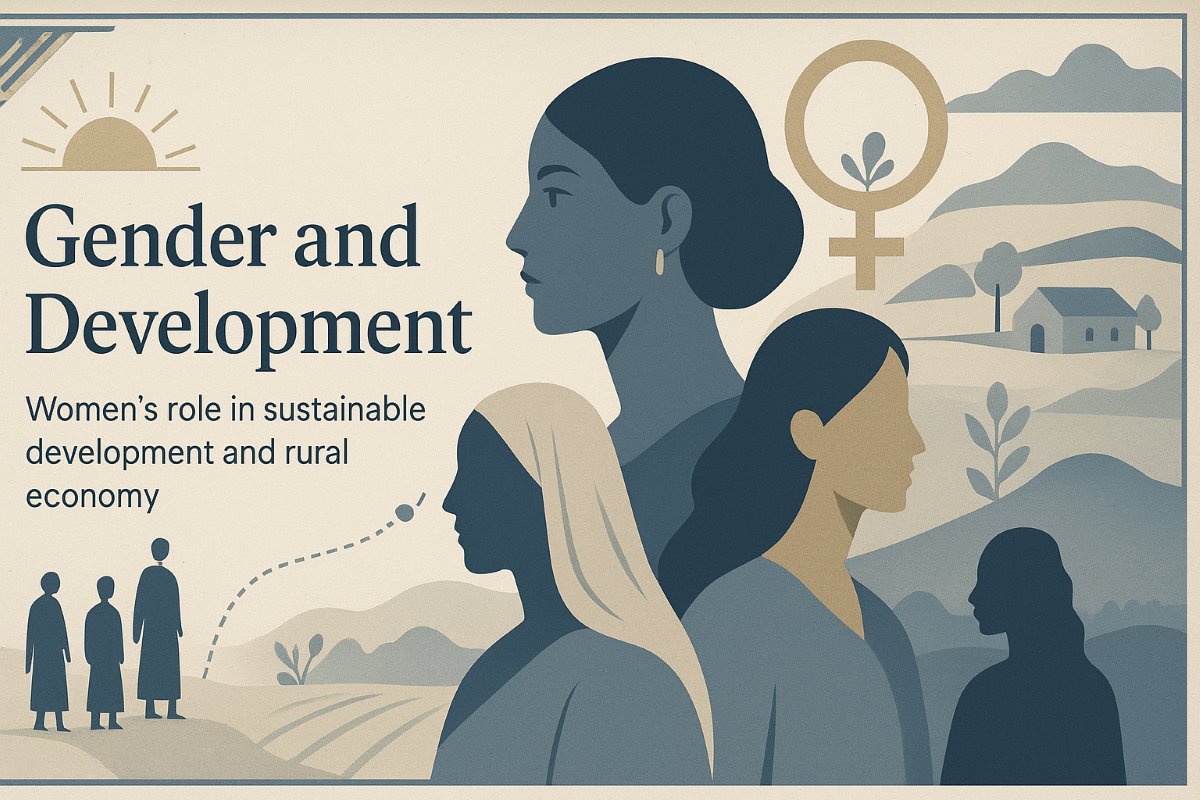-
 Maryam JavidiNovember 27, 20250
Maryam JavidiNovember 27, 20250Religion as a Source of Social Cohesion and Conflict
Religion remains one of the most enduring and influential social institutions across human societies. It shapes collective identities, provides ethical frameworks, and offers meaningful narratives about life and the transcendent. Yet, alongside these unifying functions, religion has also been implicated in social division, discrimination, and violent conflict. Scholars have long emphasized this dual character. Durkheim, in his foundational sociological work, argued that religion fosters social cohesion by reinforcing shared norms and collective consciousness (Durkheim, 1995).…
Read More » -
 Maryam JavidiNovember 15, 20250
Maryam JavidiNovember 15, 20250Gender and Development: Women’s Role in Sustainable Development and the Rural Economy
Gender and Development (GAD) scholarship argues that gender relations are not merely social differences but structures of power that shape access to resources, opportunities, and development outcomes. Unlike earlier Women in Development (WID) perspectives that emphasized integrating women into existing development agendas, the GAD approach examines how social relations—particularly gender norms—produce inequality (Boserup, 2007). In the context of sustainable development and rural economies, this perspective reveals that women are central economic actors, although their contributions…
Read More » -
 Maryam JavidiNovember 7, 20250
Maryam JavidiNovember 7, 20250The Intersection of Gender, Ethnicity, and Colonial Legacies in the Lives of Indigenous Women
Indigenous women across the world experience multiple and intersecting forms of oppression that stem from gender discrimination, racialization, and the enduring effects of colonialism. While gendered inequities may resemble those faced by non-Indigenous women, the combination of ethnicity and colonial legacies generates distinct forms of marginalization. Indigenous women’s lived experiences cannot be understood without acknowledging how these forces interact historically and contemporarily. Colonial projects sought to restructure Indigenous societies, impose patriarchal norms, and control land…
Read More »
